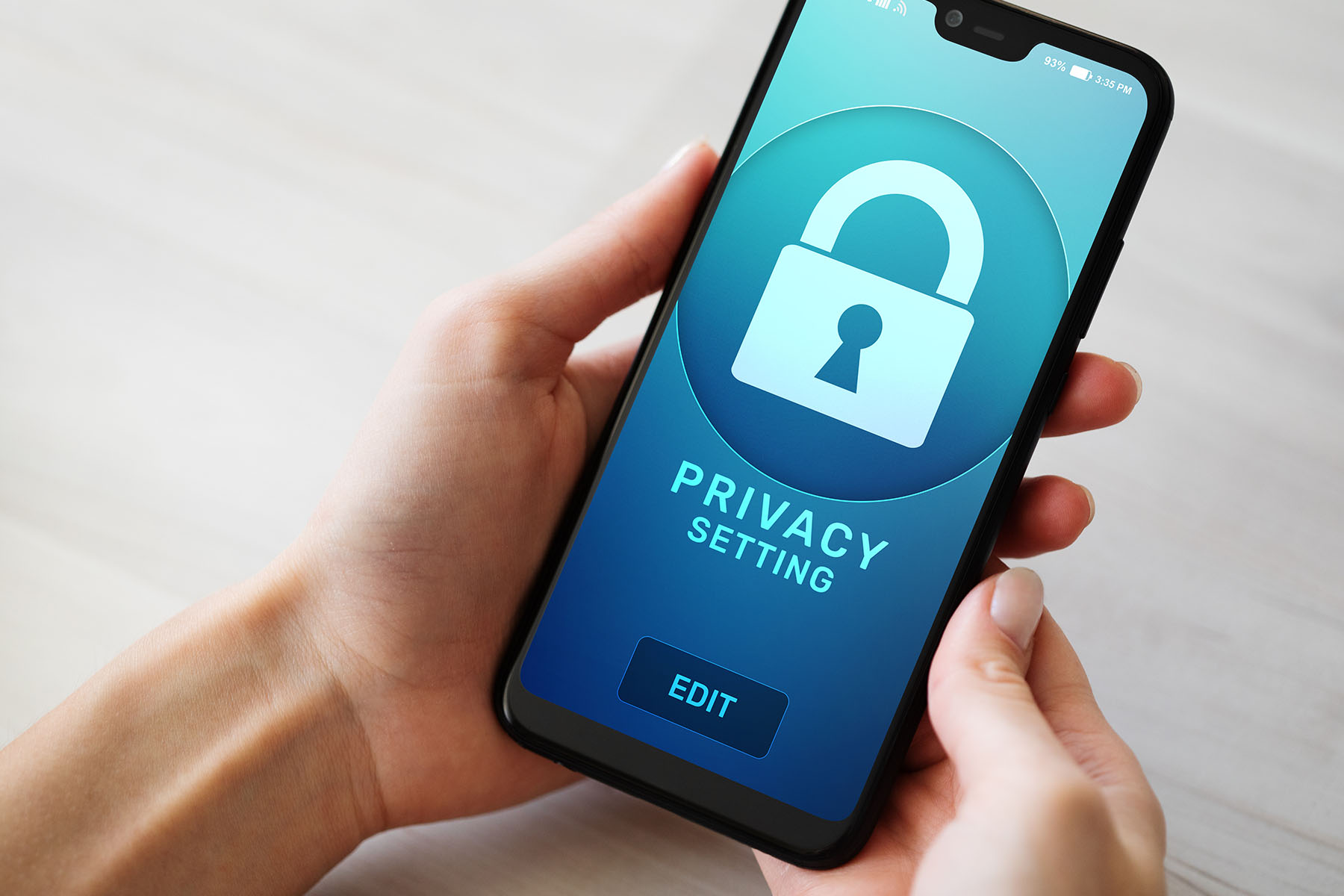Studies show that a strong majority of adults with access to the internet use social media sites like Facebook and Twitter. While social media has become an increasingly important part of daily life for the average person, it is also becoming an important tool for law enforcement and attorneys in criminal cases.
Everything posted online is permanently etched into the history of the internet. Every picture posted and every status update can never be fully erased once added to your social media account. Even worse, the judge is likely to come down even harder on someone deleting incriminating information from an account after being warned of its relevance to a case. Never forget that the information you post for the public, or even for your “friends” to see, could be used against you in the court of law.
What Information from Social Media Can be Used in Court?
It might surprise you to find out that almost anything can be used as evidence in a criminal case if it is introduced properly and can be properly identified (subject to the rules of evidence).
Information from a profile page, a picture, a status update, or a post can be printed out and physically brought to court. Many government agencies are now also using programs to save information from an internet site to secure the information even if it is later deleted.

In addition, police are using social media and the internet to help them during investigatory phases of criminal cases.
In general, courts have decided that by posting your information on Facebook, Twitter, Instagram, or other social media sites, you are relinquishing your privacy rights to that information.
The government can even force companies like Facebook to turn over all of the information saved as a part of your profile.
That information might include your exact location at a specific time. Therefore, if you do not want information to be used against you or publicly displayed, do not put it on social media.
You may be adversely affected by postings even if your settings are limited so that only “friends” can view material. Over the past few years numerous stories have been shared about authorities receiving access to private profiles after “friends” of the accused gave police officers access.
This is not a new trend.
As far back as 2008, a high-profile murder case in Texas resulted in a conviction largely because of statements made by the accused and published on his MySpace page.
Looking for Help with a Criminal Case?
Contact Galveston Defense Attorney Tad Nelson Today!
The use of social media to solve crimes can be a useful tool, but it can also be misleading. If your privacy has been invaded on your social media and used as a part of a criminal case, please call the attorneys at the Law Offices of Tad Nelson & Associates today. We have in-depth knowledge of all facets of the criminal justice process and are here to protect the rights of residents in Galveston and throughout Texas.


















